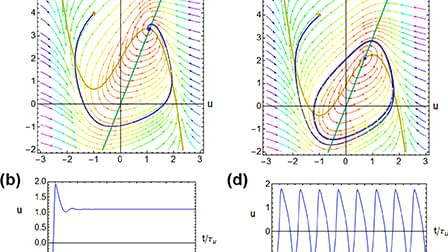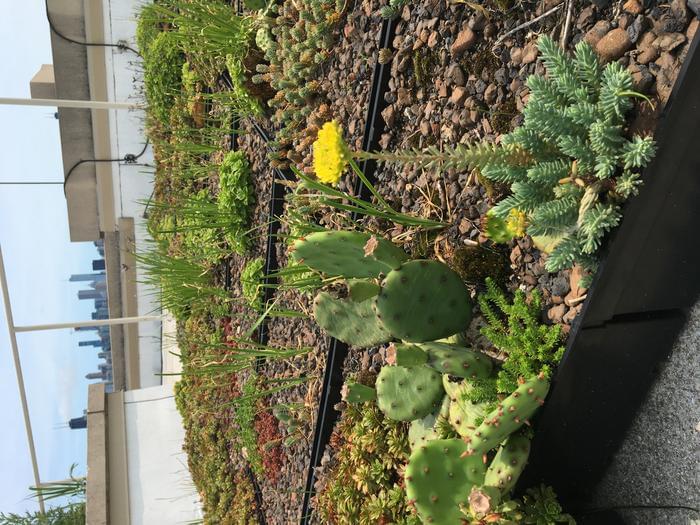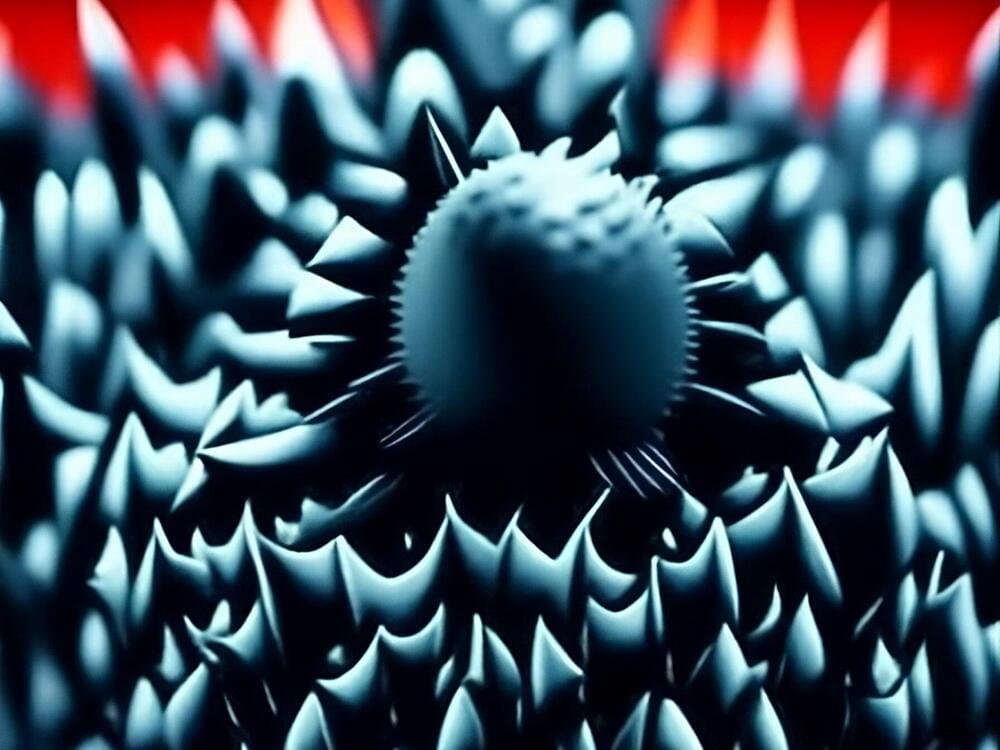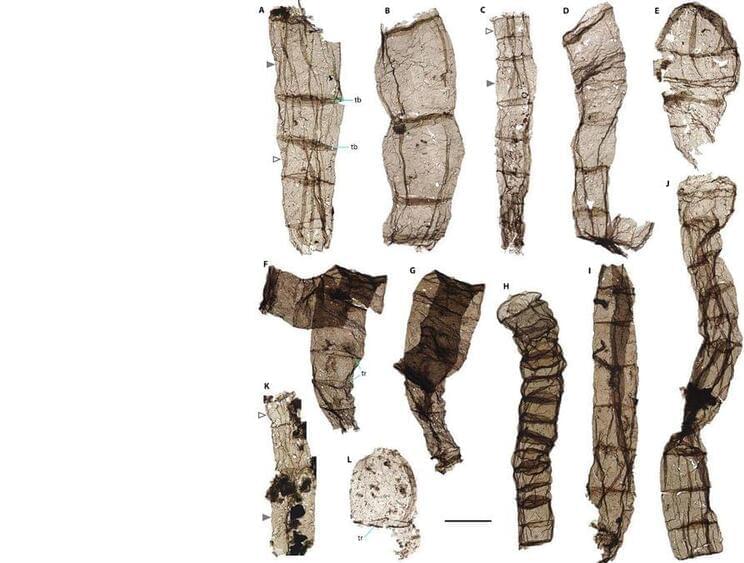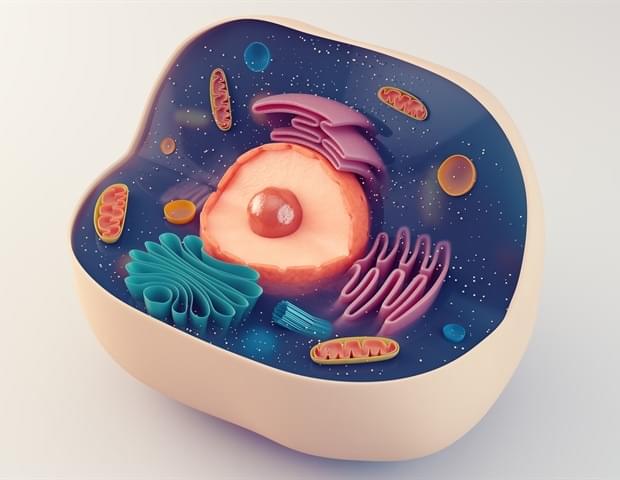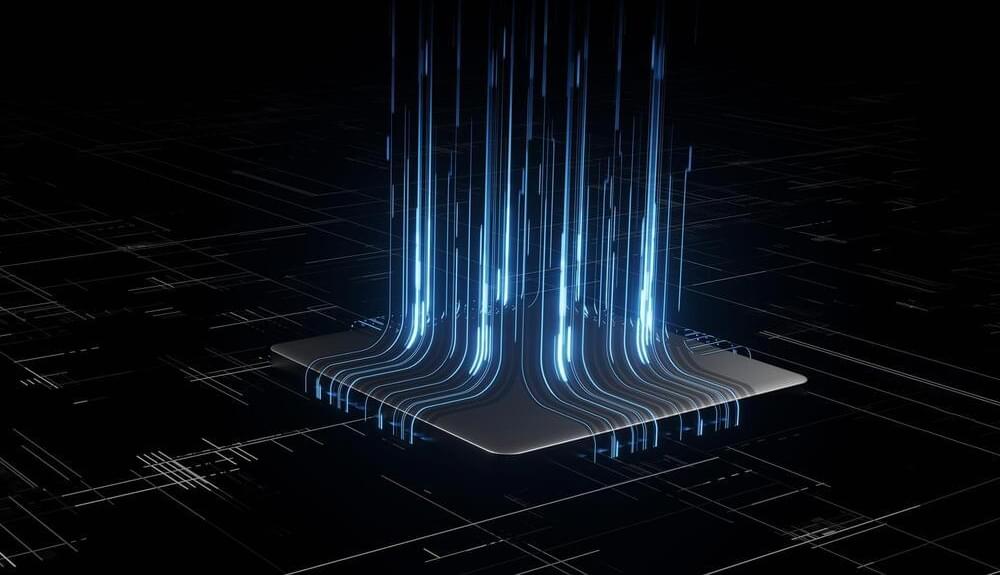Lee Smolin joins TOE to discuss his work in theoretical physics, the dynamic nature of the laws of physics and the concept of time.
TIMESTAMPS:
00:00:00 — Intro.
00:04:13 — Doubly Special Relativity and Violation of Lorentz Invariance.
00:09:15 — The Concept of Thick Time.
00:19:11 — Duality Between String Theory and Loop Quantum Gravity.
00:23:50 — Condensed Matter Theory.
00:28:35 — Approximating by a Continuum and Discrete Sets.
00:34:11 — Misapprehensions about Loop Quantum Gravity.
00:38:43 — Defining Complexity and the View of the Universe by One Observer.
00:43:52 — Causal Energetic: The Relationship Between Varieties and Kinetic Energy.
00:48:38 — Varying Parameters in the Universe.
00:53:35 — The Bomes Interpretation of Quantum Mechanics.
00:58:30 — Causality and Relativity.
01:03:15 — Different Styles in Mathematics and Chess.
01:07:55 — The Fundamental Questions in Biology.
01:12:49 — Marrying Outside Your Field.
01:18:04 — Discussion on Authors and Novels.
01:23:35 — Conversations with Fire Robin.
01:28:39 — Being Sincere and Ambitious.
01:33:39 — A Visit from BJ
01:38:34 — Outro.
NOTE: The perspectives expressed by guests don’t necessarily mirror my own. There’s a versicolored arrangement of people on TOE, each harboring distinct viewpoints, as part of my endeavor to understand the perspectives that exist.
THANK YOU: To Mike Duffey for your insight, help, and recommendations on this channel.
Support TOE:
- Patreon: / curtjaimungal (early access to ad-free audio episodes!)
- Crypto: https://tinyurl.com/cryptoTOE
- PayPal: https://tinyurl.com/paypalTOE
- TOE Merch: https://tinyurl.com/TOEmerch.
Follow TOE:
